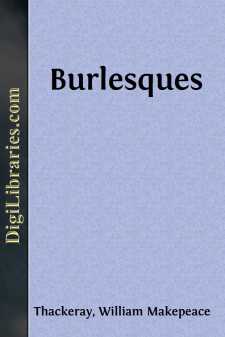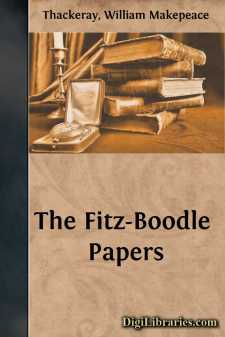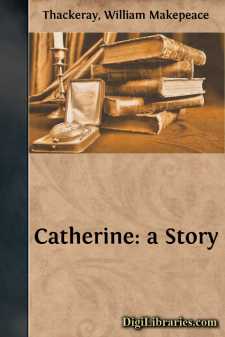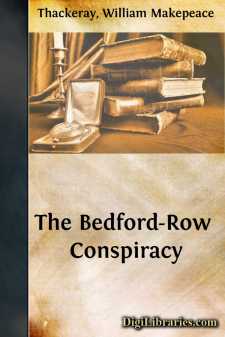Categories
- Antiques & Collectibles 13
- Architecture 36
- Art 48
- Bibles 22
- Biography & Autobiography 816
- Body, Mind & Spirit 145
- Business & Economics 28
- Children's Books 18
- Children's Fiction 14
- Computers 4
- Cooking 94
- Crafts & Hobbies 4
- Drama 346
- Education 58
- Family & Relationships 59
- Fiction 11834
- Foreign Language Study 3
- Games 19
- Gardening 17
- Health & Fitness 34
- History 1378
- House & Home 1
- Humor 147
- Juvenile Fiction 1873
- Juvenile Nonfiction 202
- Language Arts & Disciplines 89
- Law 16
- Literary Collections 686
- Literary Criticism 179
- Mathematics 13
- Medical 41
- Music 40
- Nature 179
- Non-Classifiable 1768
- Performing Arts 7
- Periodicals 1453
- Philosophy 66
- Photography 2
- Poetry 897
- Political Science 203
- Psychology 45
- Reference 154
- Religion 516
- Science 126
- Self-Help 86
- Social Science 82
- Sports & Recreation 34
- Study Aids 3
- Technology & Engineering 59
- Transportation 23
- Travel 463
- True Crime 29
Our website is made possible by displaying online advertisements to our visitors.
Please consider supporting us by disabling your ad blocker.
The History of Samuel Titmarsh and the Great Hoggarty Diamond
Description:
Excerpt
CHAPTER I
GIVES AN ACCOUNT OF OUR VILLAGE AND THE FIRST GLIMPSE OF THE DIAMOND
When I came up to town for my second year, my aunt Hoggarty made me a present of a diamond-pin; that is to say, it was not a diamond-pin then, but a large old-fashioned locket, of Dublin manufacture in the year 1795, which the late Mr. Hoggarty used to sport at the Lord Lieutenant’s balls and elsewhere. He wore it, he said, at the battle of Vinegar Hill, when his club pigtail saved his head from being taken off,—but that is neither here nor there.
In the middle of the brooch was Hoggarty in the scarlet uniform of the corps of Fencibles to which he belonged; around it were thirteen locks of hair, belonging to a baker’s dozen of sisters that the old gentleman had; and, as all these little ringlets partook of the family hue of brilliant auburn, Hoggarty’s portrait seemed to the fanciful view like a great fat red round of beef surrounded by thirteen carrots. These were dished up on a plate of blue enamel, and it was from the Great Hoggarty Diamond (as we called it in the family) that the collection of hairs in question seemed as it were to spring.
My aunt, I need not say, is rich; and I thought I might be her heir as well as another. During my month’s holiday, she was particularly pleased with me; made me drink tea with her often (though there was a certain person in the village with whom on those golden summer evenings I should have liked to have taken a stroll in the hayfields); promised every time I drank her bohea to do something handsome for me when I went back to town,—nay, three or four times had me to dinner at three, and to whist or cribbage afterwards. I did not care for the cards; for though we always played seven hours on a stretch, and I always lost, my losings were never more than nineteenpence a night: but there was some infernal sour black-currant wine, that the old lady always produced at dinner, and with the tray at ten o’clock, and which I dared not refuse; though upon my word and honour it made me very unwell.
Well, I thought after all this obsequiousness on my part, and my aunt’s repeated promises, that the old lady would at least make me a present of a score of guineas (of which she had a power in the drawer); and so convinced was I that some such present was intended for me, that a young lady by the name of Miss Mary Smith, with whom I had conversed on the subject, actually netted me a little green silk purse, which she gave me (behind Hicks’s hayrick, as you turn to the right up Churchyard Lane)—which she gave me, I say, wrapped up in a bit of silver paper. There was something in the purse, too, if the truth must be known. First there was a thick curl of the glossiest blackest hair you ever saw in your life, and next there was threepence: that is to say, the half of a silver sixpence hanging by a little necklace of blue riband. Ah, but I knew where the other half of the sixpence was, and envied that happy bit of silver!
The last day of my holiday I was obliged, of course, to devote to Mrs....












